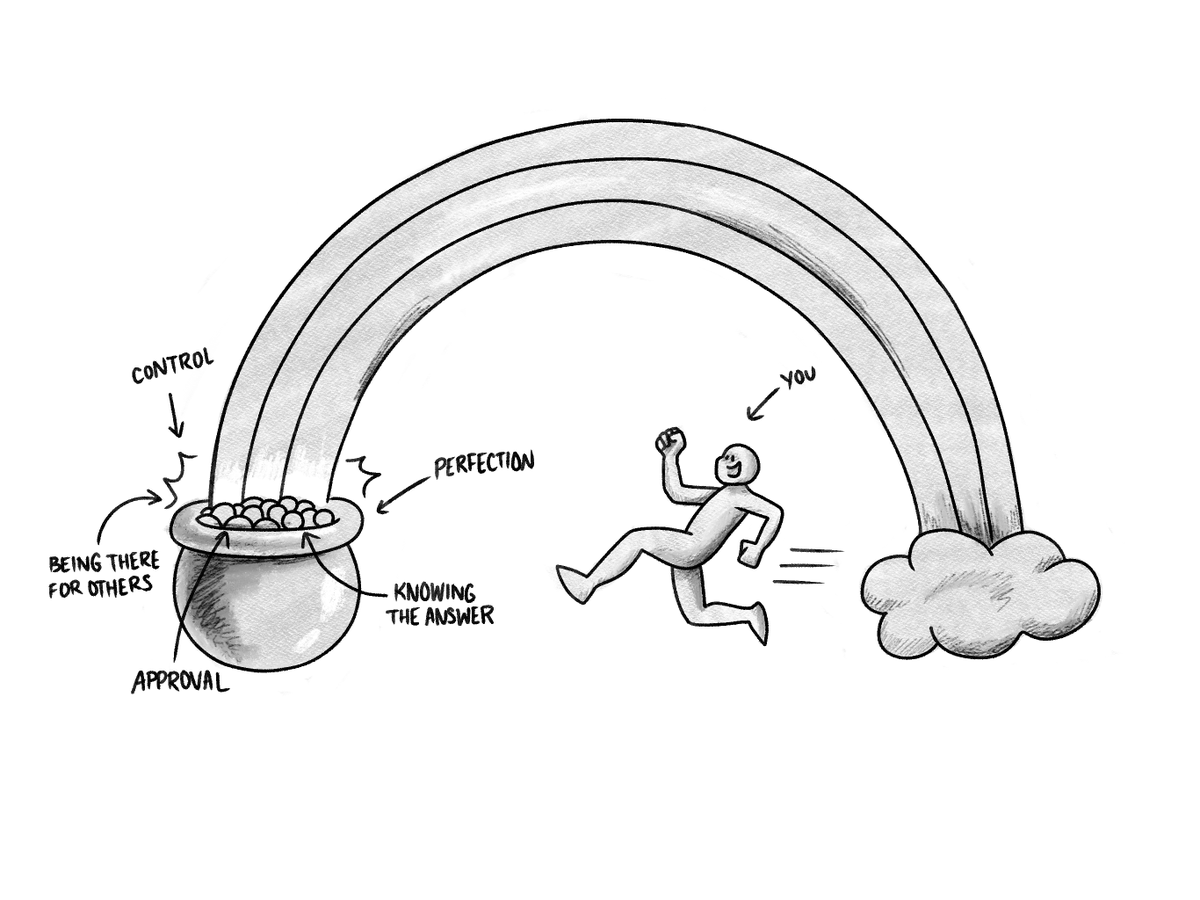At some point for most Christians, we have to wrestle legalism to the ground. For some it is a nagging issue, for others it is plaguing, and for some it is utter paralyzing.
1/
1/
As a pastor, I have heard thousands of testimonies of people. It is one of the dearest privileges of being a pastor - that people would share their walk with Christ with me, how they have encountered grace etc.
2/
2/
For people who spent more than 7 years in a church, they mention legalism. They say something like, 'I was raised in a legalistic church, but now I am on the hunt for grace.' Of course, they have much more to say, but for twitter, that is the basic summary.
3/
3/
"I was/am/am trying to shed a legalistic environment/group of people/church and now I am pursuing grace and freedom."
This isn't just a church thing, by the way. I was once talking to my dad about legalism. He has set foot in a church maybe 20 times in his life.
4/
This isn't just a church thing, by the way. I was once talking to my dad about legalism. He has set foot in a church maybe 20 times in his life.
4/
He asked what legalism is, I said, 'well, its sort of an external set of spoken and unspoken rules by which the group decides if someone is good or not.'
Yeah, ok, there are probably better definitions. No need to get LEGALISTIC about it, twitter!
5/
Yeah, ok, there are probably better definitions. No need to get LEGALISTIC about it, twitter!
5/
Anyway, he said, 'I know what that is. I was raised in a legalistic family then.'
Dad has been trying to break free from the grip of it his whole adult life. He continues to evade Jesus. Jesus has not given up on him. I appreciate your prayers for my precious dad.
6/
Dad has been trying to break free from the grip of it his whole adult life. He continues to evade Jesus. Jesus has not given up on him. I appreciate your prayers for my precious dad.
6/
Anyway, we all talk of legalism like it is outside us. It is 'over there.' It is 'that group' or 'those people' and for many it is 'that church.'
This was my story too until I started raising kids.
7/
This was my story too until I started raising kids.
7/
One of my kids went through a full blown legalism phase between about 8 - 13. It was mortifying. Huge judgment, very black and white declarations about, for example, people who smoke.
We'd never talked about people who smoke, or even smoking for that matter.
8/
We'd never talked about people who smoke, or even smoking for that matter.
8/
It wasn't around him, it was in him. I was mortified.
What if my grace filled church produces the same testimony as so many I'd heard? What if the kids in our youth group tell their pastor years later, 'yeah, I was raised in a legalistic church.'''
9/
What if my grace filled church produces the same testimony as so many I'd heard? What if the kids in our youth group tell their pastor years later, 'yeah, I was raised in a legalistic church.'''
9/
I began to study legalism. It is more a function of human development than simply group pressure. How it is, in fact inside all of us, more than it is around us.
The reason a group is legalistic is because of the developmental stunting of each in the group
10/
The reason a group is legalistic is because of the developmental stunting of each in the group
10/
We all fall short, says Paul, of the glory of God. I wish he had added, 'we all fall short of our own standards too.'
Whatever set of standards and values you hold for yourself, you fall short of them. It is the indicator that we need the grace of God.
11/
Whatever set of standards and values you hold for yourself, you fall short of them. It is the indicator that we need the grace of God.
11/
If you are trying to shed its residual effect on you, I would encourage you to primarily do internal work first - find its source inside you. The source of it is your false self. And die to that. You will break free much quicker than if you keep seeing it 'in them.'
12/12
12/12
• • •
Missing some Tweet in this thread? You can try to
force a refresh









